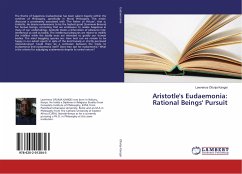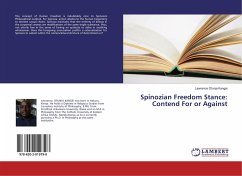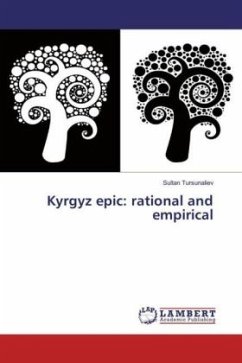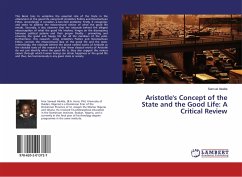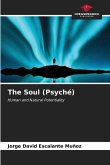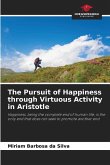The theme of happiness (eudaemonia) has been salient majorly within the confines of Philosophy, specifically in Moral Philosophy. This entire discourse is proximately associated with "The Father of Virtues", that is, Aristotle. He deems eudaemonia to be the highest good (Summum Bonum) for human beings; connoting that we endeavour to realize happiness in many of our undertakings. Aristotle moots a bifurcation of pleasures into: intellectual as well as bodily. The intellectual pleasures are meant to mollify the intellect while the bodily ones are intended to gratify our human bodies. The mind boggling queries are: How best can we remain to be happy in our extant epoch in spite of the lucid loosely or strictly perceived misconstruings? Could there be a confusion between the mode to eudaemonia and eudaemonia itself? Does man opt for eudaemonia? What is the criteria for adjudging eudaemonia despite its varied nature?

